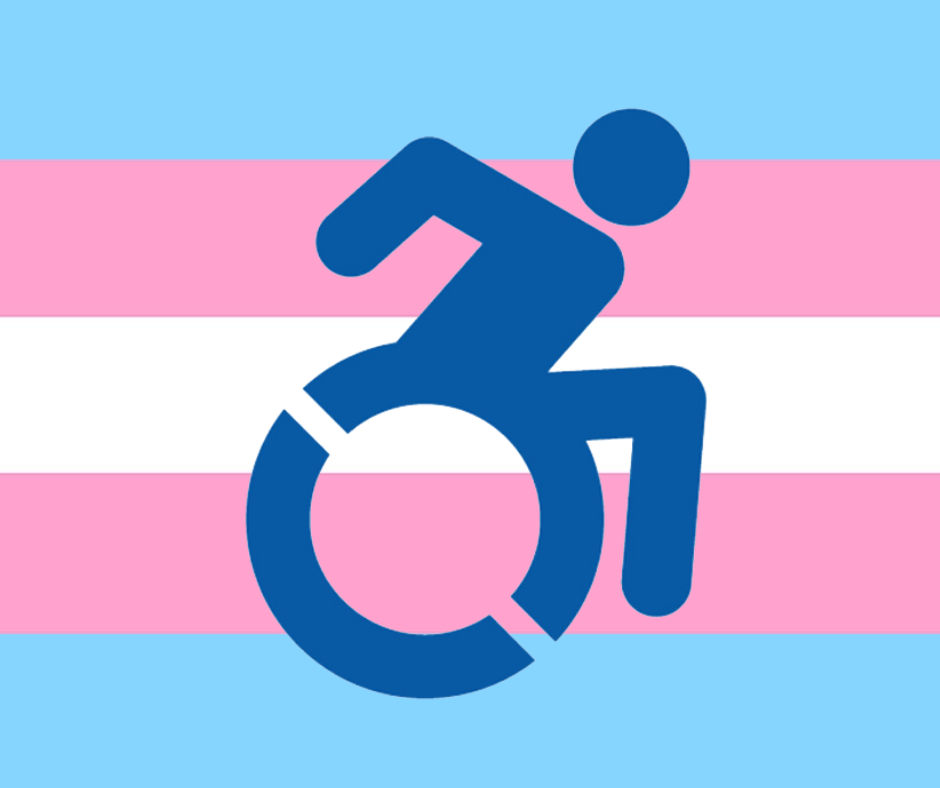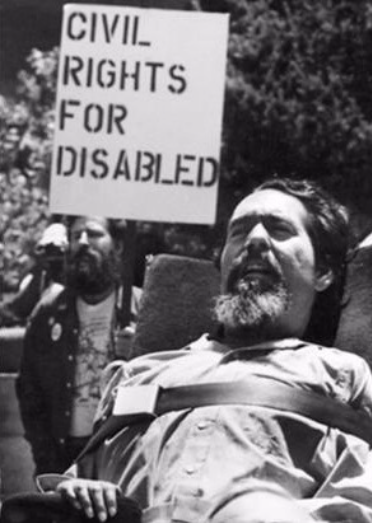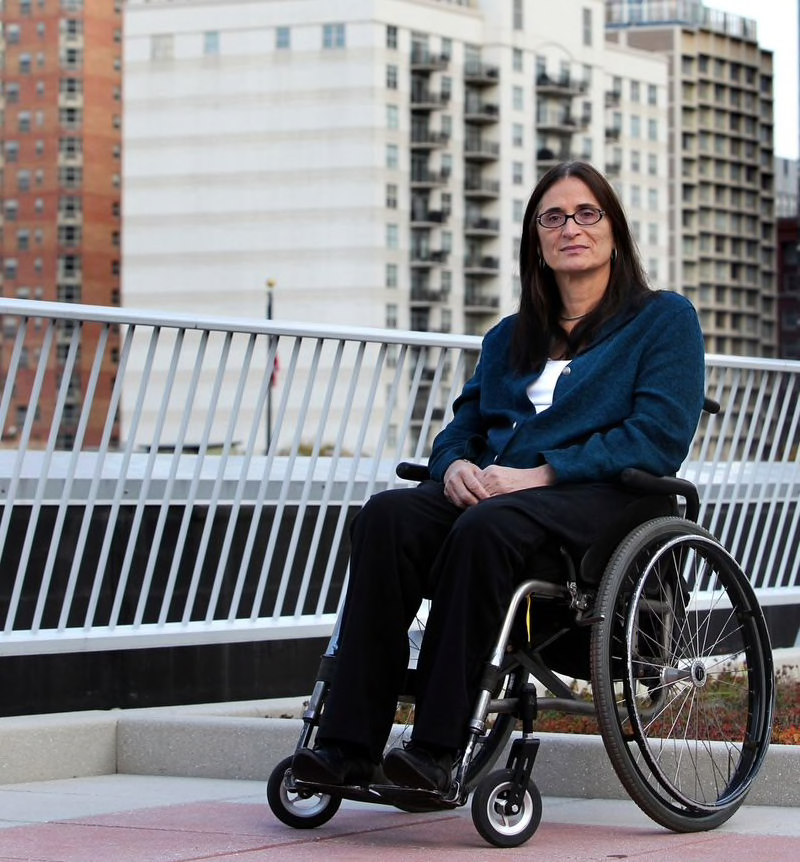Although I never had the good fortune to meet Marca Bristo in person I admired her work and hold her to be among the greatest of civil rights advocates. Her accomplishments were many as she spent the better part of 40 years advocating, educating and fighting for the right of people with disabilities to be perceived and treated just as any other member of society. She founded Access Living in Chicago and from that went on to found the National Council on Independent Living. She was nominated by President Clinton as Chair of the National Council on Disability and then elected President of the United States International Council on Disabilities. Her work on the Americans with Disabilities Act (ADA) led to changes in disability policy that would affect nearly every aspect of life for millions of people with disabilities. These are just a few of her accomplishments, along with being a mother, wife, champion and friend, Marca was a leader with a vision of ensuring all persons with disabilities were empowered to live a full life in the community. Our thoughts are with her family and loved ones. Thank you for sharing your amazing mom, wife and friend with the world as she TRULY made it a better place.
Please take time to read the following statement about Marca from the National Council on Disability:

NCD remembers former NCD Chairperson Marca Bristo – first NCD chair to have a disability
WASHINGTON, D.C. – The National Council on Disability (NCD) remembers former NCD Chairperson Marca Bristo, who passed away Sunday, Sept. 8, at the age of 66.
Bristo, who in 1978 was paralyzed from a diving accident, had been at the forefront of the disability rights movement over the last four decades.
She founded Access Living in 1980, worked tirelessly on the Americans with Disabilities Act that passed in 1990, and co-founded the National Council on Independent Living (NCIL) in 1992.
“Marca was a strong and inspirational leader in the disability community for many years,” said NCD Chairman Neil Romano. “Every time I had the pleasure of being in her company, I learned a great deal and was inspired by her energy and her single-mindedness on behalf of people with disabilities,” he said.
Bristo was appointed to NCD by President Bill Clinton in 1994 and served as Chair until 2002. She was the first NCD Chair to have a disability.
“Her historic nomination to chair our Council – as the first person with a disability to serve as chair – has opened up the door for others with disabilities to follow her in that position,” said Council Member Andrés Gallegos.
When she was appointed in 1994, NCD held five “Town Meetings” on health care reform, sending a report to the President and the Congress on the unique needs of people with disabilities. During Bristo’s time with NCD, the Council was prolific in its published reports to lawmakers on such topics as reforming Medicaid and Medicare; improving the implementation of the Individuals with Disabilities Education Act; creating a foreign policy on disability; securing access to emerging technologies; removing barriers to work; considering disability in rural communities; among many other topics.
NCD also published position papers on assisted suicide and genetic discrimination during Bristo’s time as Chair – both topics to again be addressed in NCD’s soon to be released bioethics series of reports.
“Marca not only fought for the passage of the Americans with Disabilities Act, our landmark civil rights legislation, but she helped author the Act,” said Council Member Gallegos. “Once it became law, she dedicated herself to fight to ensure that it lived up to its promise and empowered and mentored others to do the same.”
During Bristo’s tenure in the early years of the ADA, the civil rights law came under high-stakes court review in a number of instances. Each time, in line with the agency’s mandate to promote the goals of the ADA, Bristo led NCD to address these controversies through filings of amicus briefs for some of the most important ADA-related court cases in the 90s, such as Olmstead v. L.C.; Garrett v. Board of Trustees University of Alabama; Toyota v. Ella Williams; and Chevron U.S.A. v. Mario Echazabal.
NCD’s Council and staff remember Bristo for the impact she made as a champion for all people with disabilities.
“Marca was at the forefront of the independent living and disability rights movements,” said Council Member Gallegos. “We are forever grateful for all that she was able to accomplish.”
“I will miss her both personally and professionally,” said Chairman Romano. “We all owe her a great debt of gratitude.”
###
About the National Council on Disability (NCD): First established as an advisory Council within the Department of Education in 1978, NCD became an independent federal agency in 1984. In 1986, NCD recommended enactment of an Americans with Disabilities Act (ADA), and drafted the first version of the bill which was introduced in the House and Senate in 1988. Since enactment of the ADA in 1990, NCD has continued to play a leading role in crafting disability policy, and advising the President, Congress and other federal agencies on disability policies, programs, and practices.







